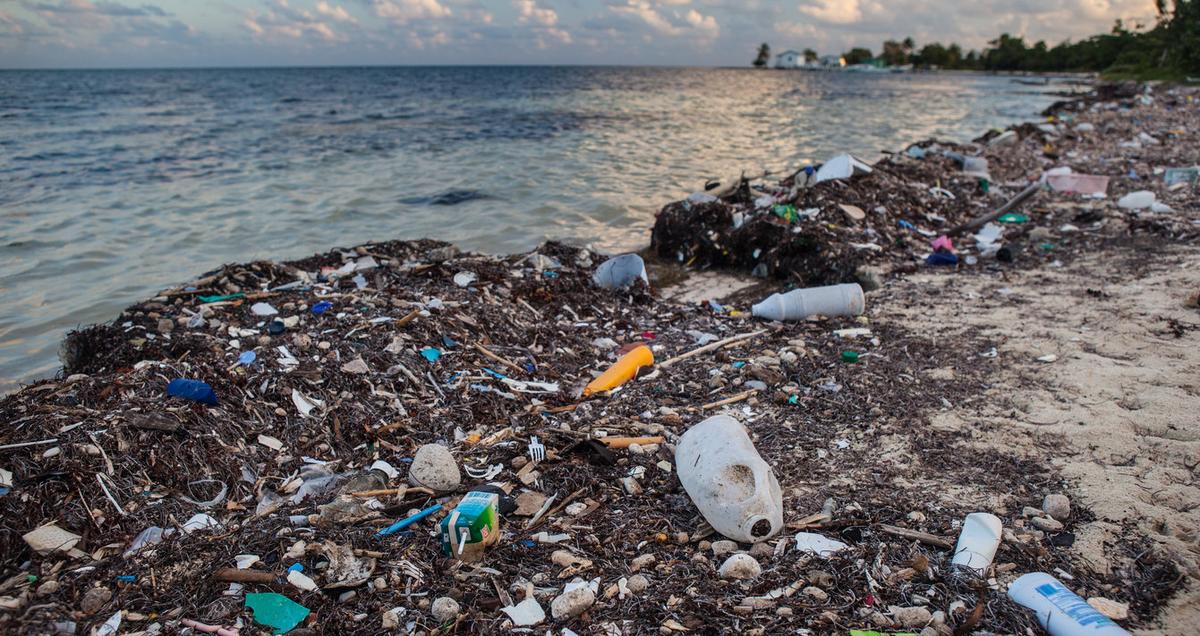#MTBCleansUp - Help Us Clean Up Our Fishing Waters
This month the world is celebrating International Coastal Cleanup Day, taking place on September 17th. Mystery Tackle Box is calling on our subscribers to get involved on a local level. Help us support the effort by cleaning up your fishing spots next time you head out on the water. This September, when you are out fishing, look around for ways you can clean up, share your experience with us on Instagram and Facebook. Share photos of you picking up litter with the hashtag #MTBCleansUp and 5 lucky winners helping clean up their waterways will win $20 worth of tackle courtesy of Mystery Tackle Box. Don't forget to tag us!According to Unicef, 80% of water pollution is caused by domestic sewage, which is a fancy word for “littering.” This is far too much for such an avoidable act. Simply at the hands of discarded plastic, more than 100,000 aquatic animals died in 2015, according to Conserve Energy Future. That is simply too much and it is in our hands to fix it. Get out there and save our water! You can find local groups helping cleanup by clicking here.
Don't Let Pollution Destroy Fish Populations
Here are a few other startling facts about the state of our world’s water pollution crisis:
- In America, 40% of the rivers and 46% of the lakes are polluted and are considered unhealthy for swimming, fishing or aquatic life. Source
- Water pollution is the major cause of various diseases like cholera and typhoid. Source
- Once a body of water is infected, it is likely impossible to reverse the effects, and it will only spread to the entire pond or lake. Source
- 80% of the water pollution is caused due to domestic sewage like throwing garbage on open ground and water bodies. Source
- Each year 1.2 trillion gallons of untreated sewage, stormwater, and industrial waste are dumped into US water. Source
- Plastic waste is causing huge destruction of marine life and is responsible for deaths of more than 100,000 various types of aquatic animals. Source
- Aquatic animal have faced an estimated extinction rate five times more than that of terrestrial animals. Source
Learn More Here
Updated September 12th, 2016 at 4:24 PM CT


